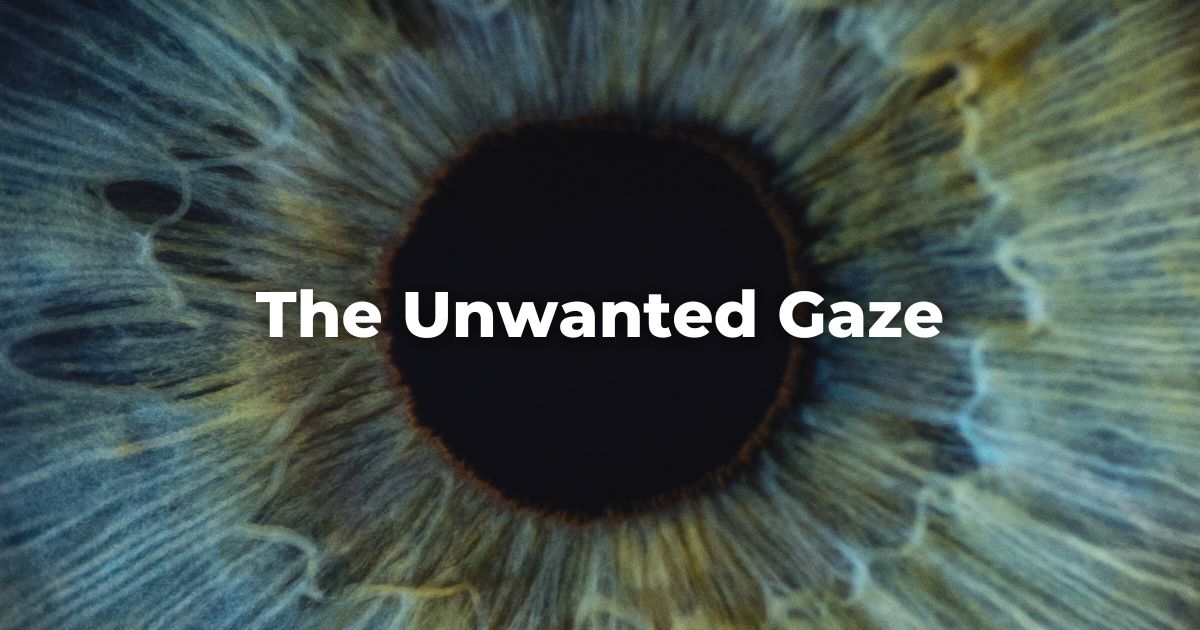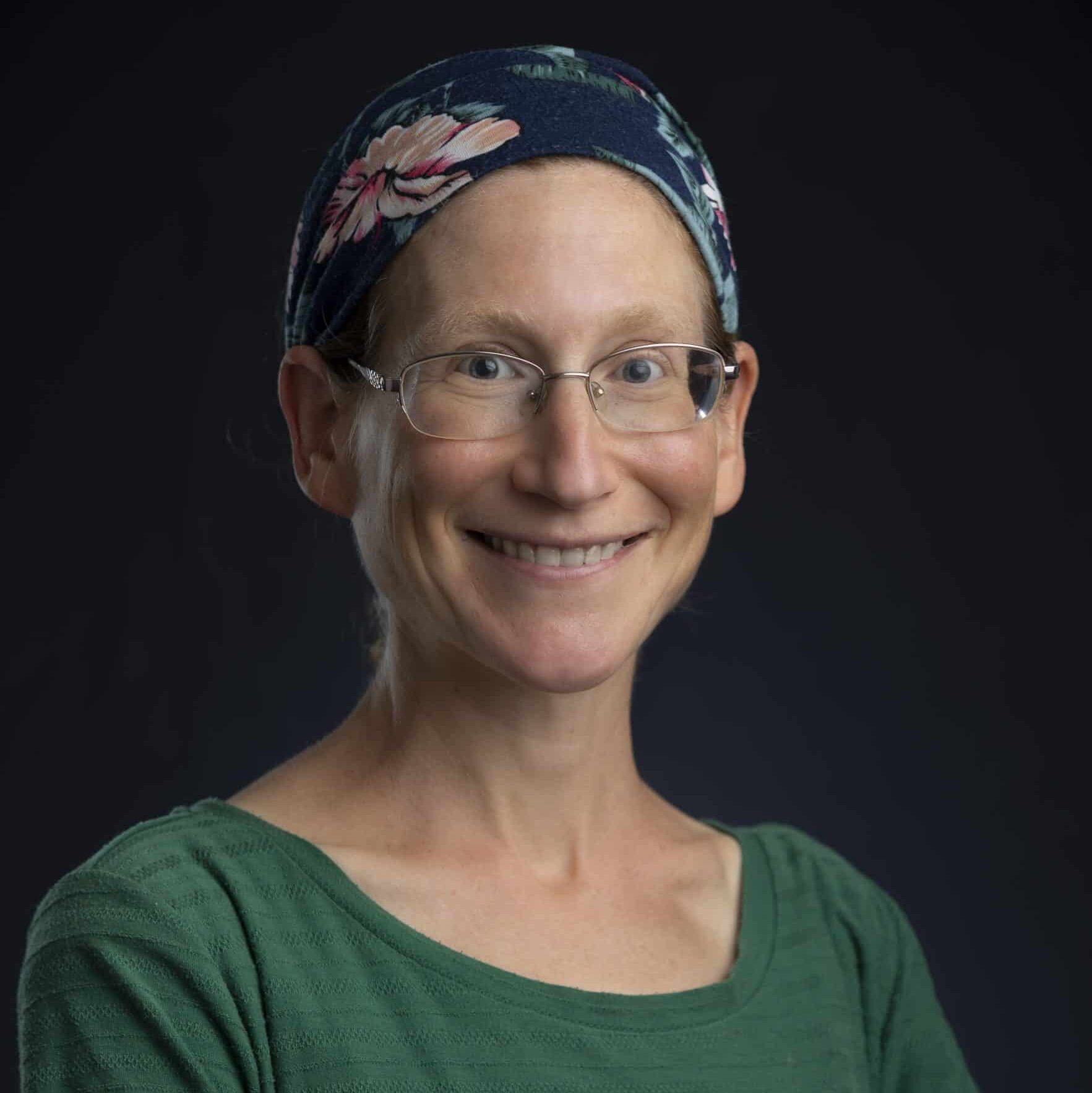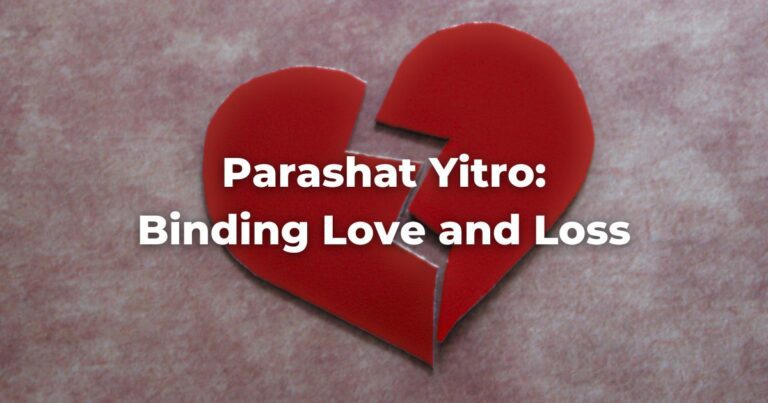In this week’s parashah, the Moabite king Balak hires Bilaam, a famous sorcerer, to curse the Israelites encamped on the steppes of his land.
Speaking God’s Words
Bilaam, who is able to speak only those words which God places in his mouth, ends up blessing the Israelites in spite of repeated attempts to curse them.
Bilaam’s curse-turned-blessing, which appears in several stanzas of finely-wrought biblical poetry, most famously includes the prayer Ma Tovu, which Jews traditionally recite upon entering synagogue in the morning: “How goodly are your tents O Jacob, your dwellings O Israel” (Bamidbar 25:5).
The rabbis interpret these words of praise as a reflection of a unique characteristic of the children of Israel, offering us a window into what it means to see and to be seen in an age of sharing and shaming on social media.
The TalmudReferring to one of two collections, the Jerusalem and Babylonian Talmuds, edited in the 6th century, that contains hundreds of years of commentary, discussion, and exploration of the ideas in the Mishnah. One could describe it as Mishnah + Gemara = Talmud Read more, in commenting on Bilaam’s blessing, notes that Bilaam observed that the people were “encamped tribe by tribe” (Bamidbar 24:2).
Preventing the Unwanted Gaze
According to the rabbis, this meant that the windows of their homes were not aligned with one another, such that it was impossible to look out of one person’s window into the home of another, preventing the unwanted gaze. Rashi on Bamidbar 24:5 adds that this is the meaning of Bilaam’s blessing of Ma Tovu—the tents of the Israelites were goodly because their doorways were not aligned, such that even if two people had their doors open simultaneously, they would not be able to look into one another’s tents.
Bilaam noted this feature of the Israelite encampment and said, “They are worthy of the divine presence descending upon them” (Bava Batra 60a).
Rashi explains that Bilaam was praising the people for their modesty and their inward focus.
Even in the desert, where the people lived in temporary tents that they continually took down and then re-pitched, they took care that no one would be able to see anything that a neighbor might not want him or her to observe.
Since they were not distracted by what was going on in the homes of others—the unwanted gaze—presumably they could focus on the interior of their own homes, and on ensuring that those homes were “goodly.”
Tha Damage of Being Seen
The Talmudic discussion of Bilaam’s blessing appears in the context of a passage in Bava Batra about hezek re’iya, a rabbinic phrase meaning “the damage of being seen.”
The rabbis teach that one may not add an entrance or a window to one’s home opposite the entrance or window of another home, nor may a person open a window into another person’s courtyard, because of “the damage of being seen” (Bava Batra 59b).
Every person is entitled to privacy, and being robbed of that privacy constitutes a form of damage. This is a lesson understood very well by anyone who has ever assumed they were in private and then subsequently discovered that they were being observed: The unwanted gaze can be as harmful and as violating as a physical blow, inflicting very real psychological damage.
In our own time, when we think of unwanted gazes, we generally think about looking upon another person in a moment of vulnerability.
In an era of social media and “sharing,” there is tremendous anxiety about being shamed and exposed by another person in public. But for the rabbis, “the damage of being seen” was as much about moments of triumph as it was about moments of tribulation.
The Talmud, in its discussion of hezek re-iya, teaches that “it is forbidden for a person to stand in another person’s field and look at his crop while his grain is standing” (Bava Batra 2b). One neighbor may not gaze at another person’s successful harvest, explains Rashi, “lest he harm him with the evil eye.”
The Unwanted Gaze in Our Own Lives
When we observe a neighbor’s bounty, we are run the risk of harming our neighbor—and ourselves—with our envy.
We all have moments in life when our neighbor’s grain stands taller than our own.
One neighbor may be sitting shiva for her mother at the very same time her neighbor next door is marrying off her daughter; one neighbor may have lost his job at the very same time his neighbor was promoted. If we are focused on another person’s happiness during our time of adversity, we may find we cannot help but resent, begrudge, and perhaps even wish ill upon our neighbor.
The solution, the Talmud suggests, is to build a partition and mis-align our windows, so that we are not distracted by the goings-on next door. When we can’t see into our neighbor’s windows, we have no choice but to look into the eyes of those sitting around the kitchen table with us. This inward focus is more difficult in an era when technology offers constant windows into each other’s lives; there are windows on our computers and our phones that we probably all ought to close.
Our parashah suggests that the Moabites, unlike the Israelites, were unable to focus their gaze within.
As the opening verses of the parashah teach, “Balak son of Zippor saw all that Israel had done to the Amorites. Moab was alarmed because that people was so numerous” (Bamidbar 22:2-3). Balak, king of Moab, observes the Israelites encamped on the outskirts of his land and grows wary of this neighboring people’s success.
Rather than focusing on his own people, he summons an outsider—the sorcerer Bilaam—to curse his threatening neighbor.
But the Israelites are immune to Bilaam’s curses because, as Bilaam himself observes, “They are a people dwelling apart, not reckoning itself among the nations” (Bamidbar 23:9). The Israelites are not concerned with what the neighboring nations are doing.
By virtue of focusing on their own goodly tents, rather than eyeing or vying with others, the Israelites are worthy for the divine presence to descend upon them.
See more: Parashat Balak
Originally posted as part of the Conservative Yeshiva at the Fuchsberg Jerusalem Center’s Torah Sparks. Support TorahRefers to the first five books of the Hebrew Bible, the Tanakh, also called the Five Books of Moses, Pentateuch or the Hebrew equivalent, Humash. This is also called the Written Torah. The term may also refer to teachings that expound on Jewish tradition. Read more learning from the Fuchsberg Jerusalem Center/Conservative Yeshiva for leaders and seekers around the world here.
Authors
-

Ilana Kurshan teaches Talmud at the CY. She is the author of If All the Seas Were Ink (St. Martin’s Press, 2017) and Why is This Night Different From All Other Nights (Schocken, 2005). She has a degree in History of Science from Harvard and in English literature from Cambridge, and has worked in literary publishing both in New York and in Jerusalem – as a translator, a foreign rights agent, and as the Books Editor of Lilith Magazine. Since October 2020, Ilana has been a regular contributor to Torah Sparks, FJC’s weekly parashat hashavuah blog.
View all posts -



The Fuchsberg Jerusalem Center (FJC) is a home in the heart of Jerusalem where leaders and seekers can find an authentic place in Jewish tradition to call their own. FJC offers opportunities to study, pray and explore within an egalitarian and inclusive setting, creating multiple pathways for finding personal and communal meaning.
View all posts






